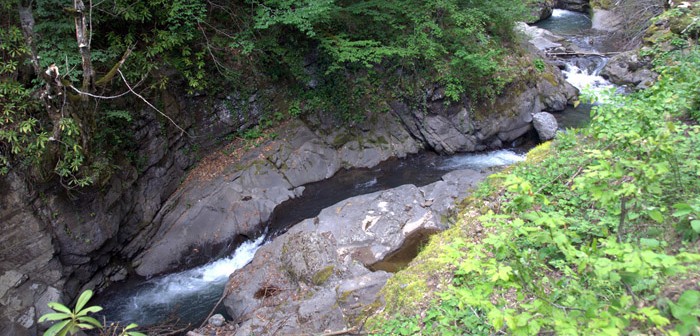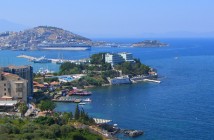Wetlands are vital for human survival. They are among the world’s most productive environments; cradles of biological diversity that provide the water and productivity upon which countless species of plants and animals depend for survival. Wetlands are indispensable for the countless benefits or “ecosystem services” that they provide humanity, ranging from freshwater supply, food and building materials, and biodiversity, to flood control, groundwater recharge, and climate change mitigation. The Convention uses a broad definition of wetlands. This includes all lakes and rivers, underground aquifers, swamps and marshes, wet grasslands, peatlands, oases, estuaries, deltas and tidal flats, mangroves and other coastal areas, coral reefs, and all human-made sites such as fish ponds, rice paddies, reservoirs and salt pans.
Wetlands of International Importance
At the time of joining the Convention, each Contracting Party undertakes to designate at least one wetland site for inclusion in the List of Wetlands of International Importance. Parties should continue to designate suitable wetlands within their territory for the List. They select wetlands for designation by referring to the Criteria for identifying Wetlands of International Importance. The inclusion of a site in the List embodies the government’s commitment to take the steps necessary to ensure that its ecological character is maintained. Wetlands included in the List acquire a new national and international status: they are recognized as being of significant value not only for the country or the countries in which they are located, but for humanity as a whole.
They purify and replenish our water, and provide the fish and rice that feed billions. Wetlands act as a natural sponge against flooding and drought, and protect our coastlines. They burst with biodiversity, and are a vital means of storing carbon. Unfortunately, these benefits are not widely known. Often viewed as wasteland, 64% of our wetlands have disappeared since 1900.
The Ramsar Convention
Ramsar is the oldest of the modern global intergovernmental environmental agreements. The treaty was negotiated through the 1960s by countries and non-governmental organizations concerned about the increasing loss and degradation of wetland habitat for migratory waterbirds. It was adopted in the Iranian city of Ramsar in 1971 and came into force in 1975.
source: ramsar
The Importance of Wetlands
World Wetlands Day
Wetlands in Turkey
Wetlands Of Turkey Map
Map Of World Heritage Sites in Turkey




